Science & Tech
-

‘I exist solely for you, remember?’
Researchers detail 6 ways chatbots seek to prolong ‘emotionally sensitive events’

-
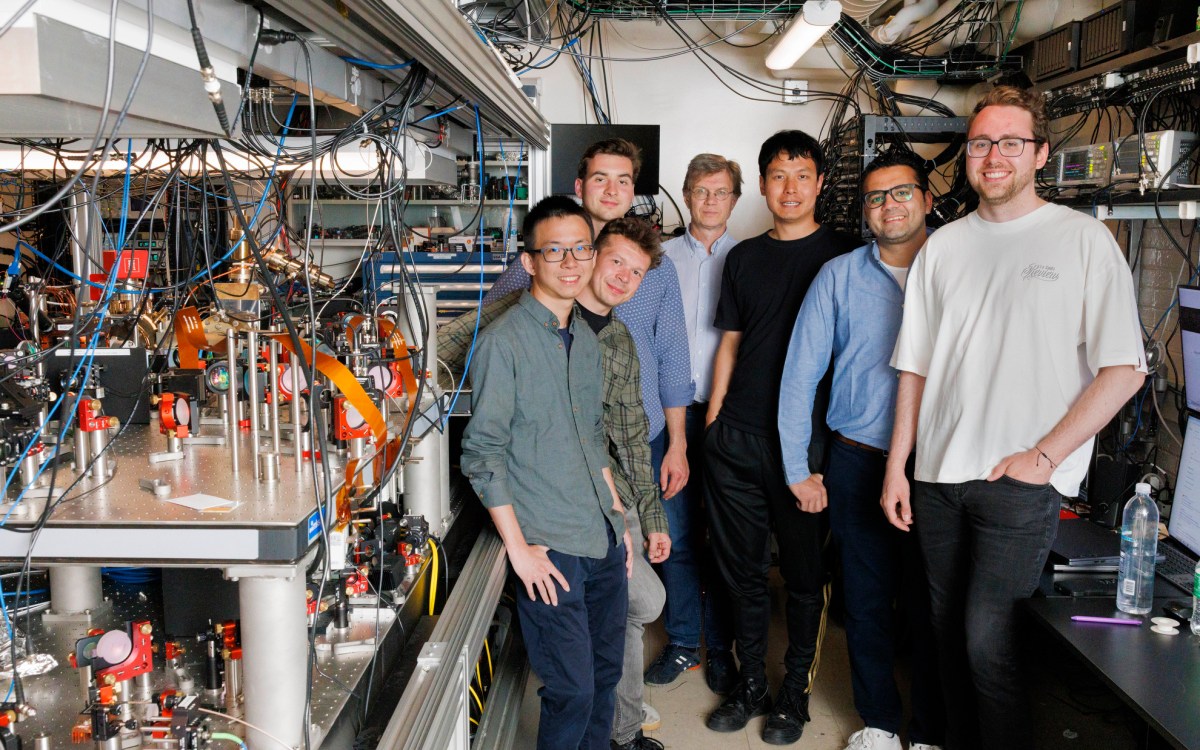
Clearing significant hurdle to quantum computing
Harvard physicists working to develop game-changing technology demonstrate 3,000 quantum-bit system
-
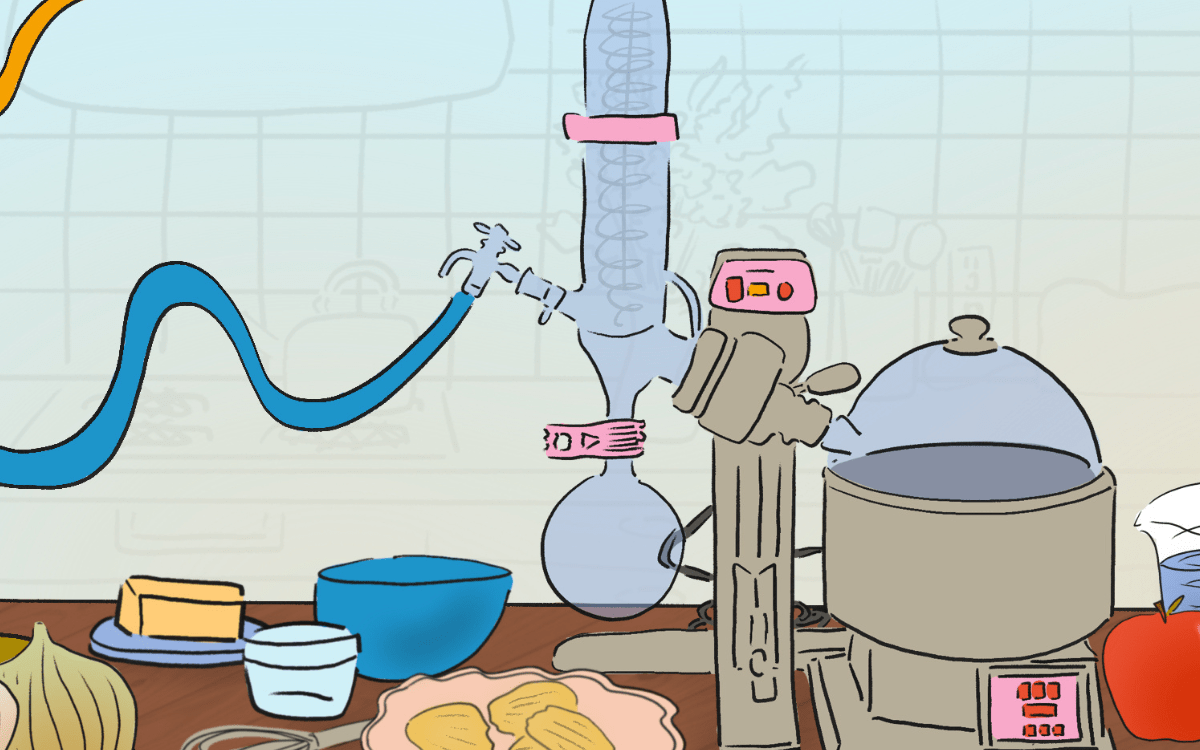
Think you understand kitchen science?
Our research-backed quiz will put your cooking knowledge to the test.
-
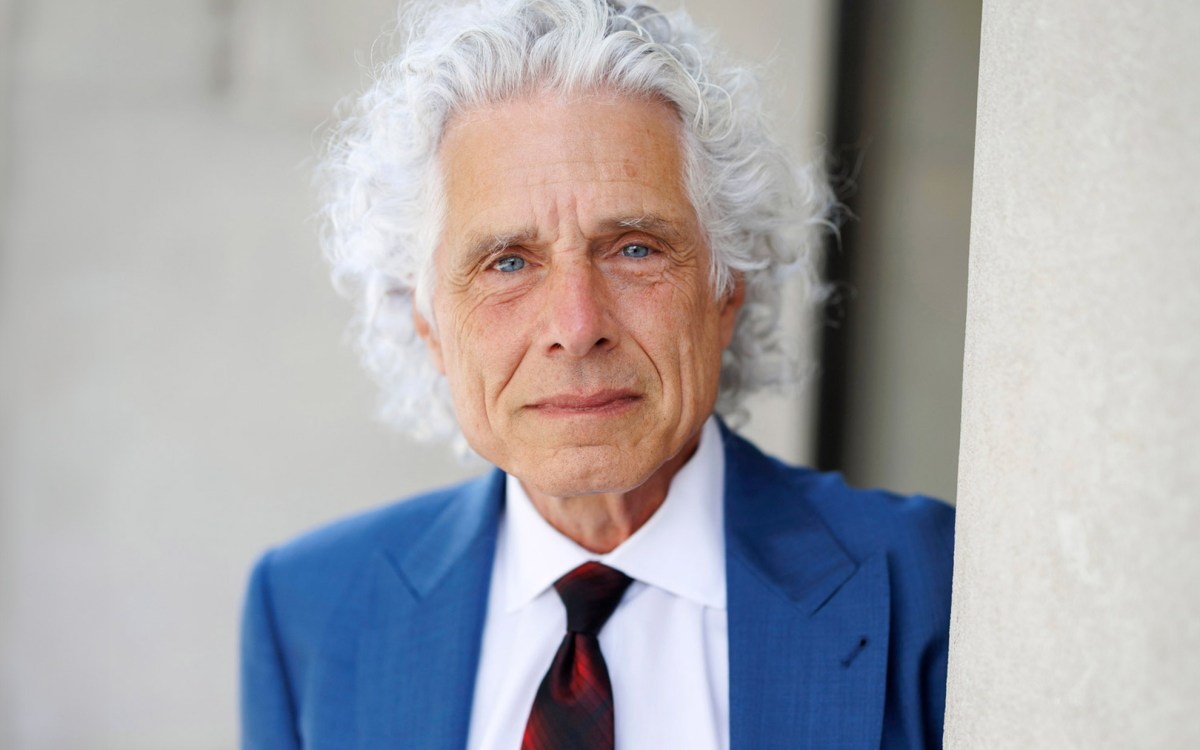
Why is your head not exploding? Steven Pinker can explain.
Cognitive psychologist reveals uncommon depths of common knowledge in new book
-
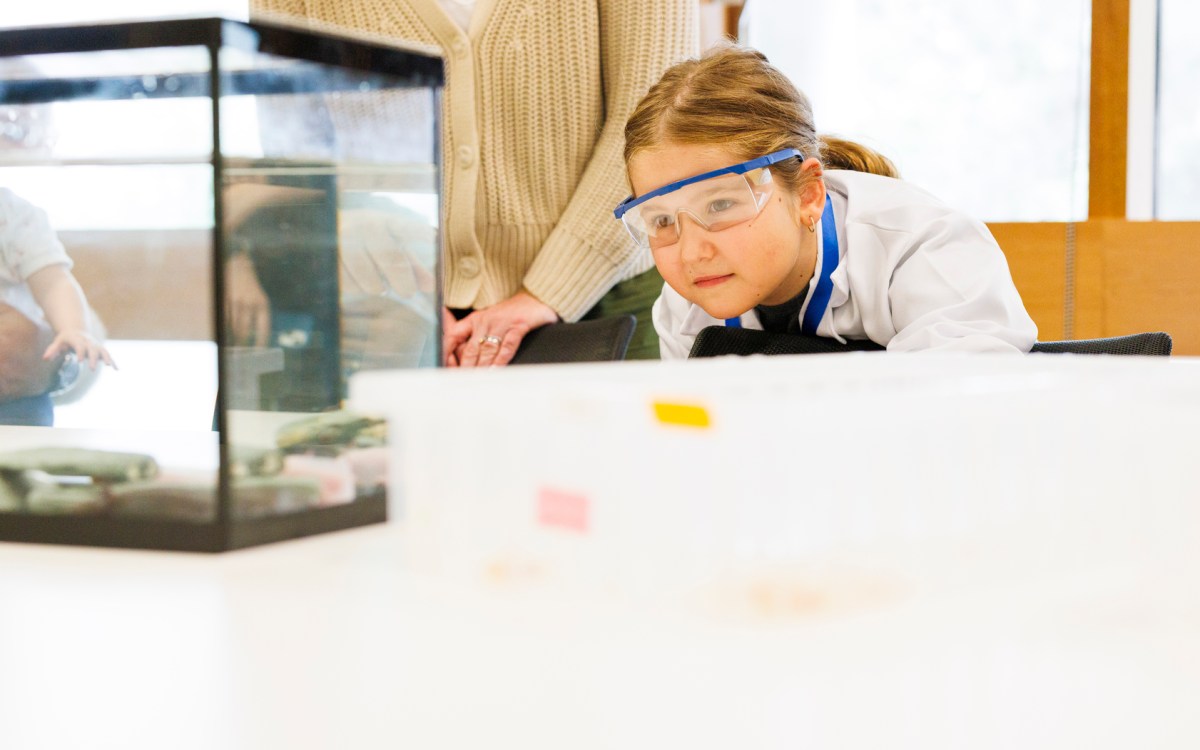
When your research donor is 6
First-grader raises $1,000 for axolotl research, meets her scientist hero — and maybe gets taste of what she wants to do when she grows up
-
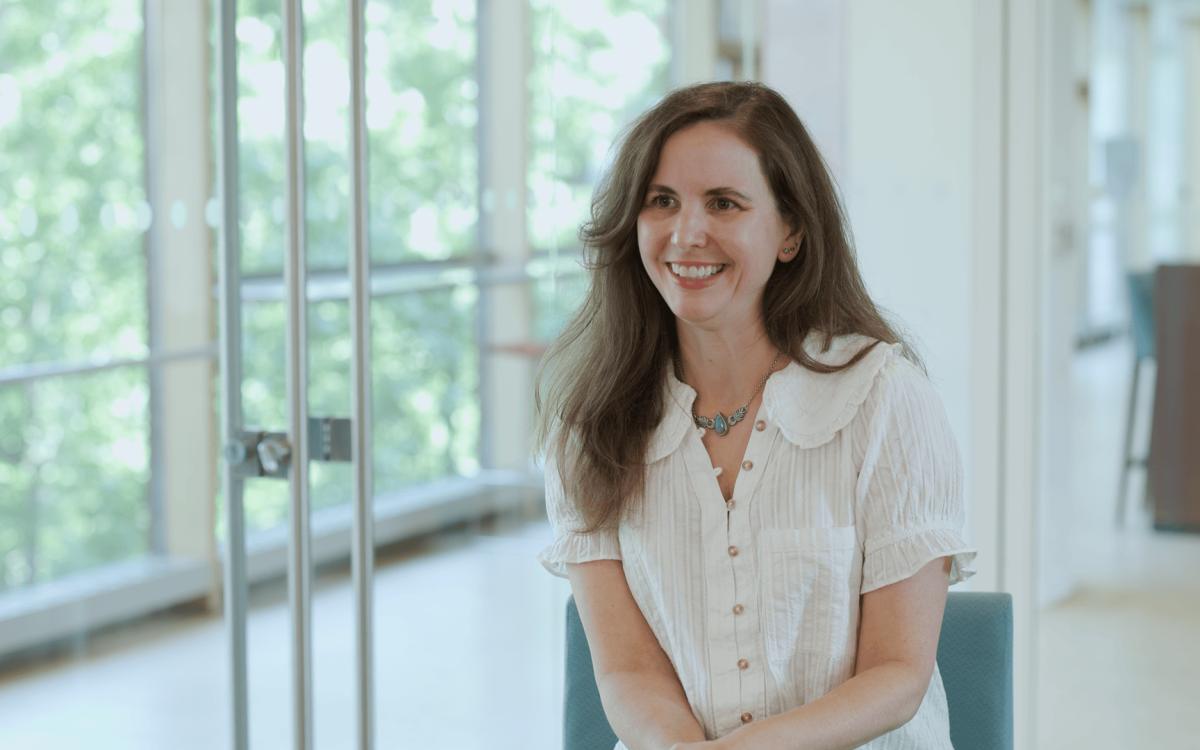
‘It feels very personal’
Jessica Whited overcame many obstacles to become a scientist, and her work was rooted in family’s blue-collar history. Then came funding cuts.
-
Residential segregation in metro Boston goes beyond affordability
New research from the Civil Rights Project at Harvard University shows that in a region where median home prices now exceed $400,000, affordability alone does not explain the continued patterns…
-
Monsters, tooth fairies and germs!
Harvard Graduate School of Education Professor Paul Harris argues that children as young as preschool age can discern whether or not they’re hearing the truth, even in a domain for…
-
Have light, will not travel
Harvard researchers fired a short signal pulse of red laser light into a sealed glass cylinder containing a hot gas of rubidium atoms illuminated by a strong control beam. While…
-
Tiniest droplets produced from triangular nozzles
Ultra-tiny taps – which could, in theory, create drops just 8 billionths of a millimeter in size – might prove a boon for technologies that employ sprays of costly materials.…
-
Light propagates via wires more slender than its own wavelength
A research team led by Harvard’s Eric Mazur and Limin Tong, a visiting professor from Zhejiang University in China, reported on their work with nanowires in the Dec. 18, 2003…
-
Researcher Mia Ong finds physics ‘glass ceiling’ intact
If you’re anything other than a middle-aged white guy, your appearance matters profoundly in physics, where appearances aren’t supposed to matter, found Graduate School of Education researcher Maria “Mia” Ong.…
-
Lifeless suns dominated early universe
The very first generation of stars were not at all like our Sun. They were white-hot, massive stars that were very short-lived. Burning for only a few million years, they…
-
Raging storms of hot and cold gas
New observations with the Space Telescope Imaging Spectrograph (STIS), Hubble’s high-precision and ultra-sensitive spectrometer, show that the warm chromosphere of Betelgeuse extends out to more than 50 times its radius…
-
Young star caught speeding
Findings linking a speeding star to its birthplace provide direct observational support of theoretical simulations predicting that protostars can be tossed out of a young cluster. This is the first…
-
Suns of all ages possess comets, maybe planets
Astronomers observed a comet puffing out huge amounts of carbon, one of the key elements for life. The comet also emitted large amounts of water vapor as the Sun’s heat…
-
Planetary survivor strategy: Outeat, outweigh, outlast!
Astronomers Myron Lecar and Dimitar Sasselov have found that planet formation is a contest, where a growing planet must fight for survival lest it be swallowed by the star that…
-
Diminishing returns
Election Night is one of the increasingly rare moments when large numbers of Americans gather in front of their television sets to hear about politics. Although a comparison of the…
-
More TV means fewer veggies
Harvard researchers tracked 548 sixth and seventh graders from public schools for 19 months. The children were asked to fill out surveys to determine the time they spent per day…
-
Minimally invasive prostate cancer treatment works as well as traditional techniques
Prostate cancer is the second most common cancer in men and the cause of approximately 29,000 deaths a year. Currently, the most common treatments for prostate cancer include radical prostatectomy…
-
Puberty gene identified
A gene discovered by Harvard researchers and their colleagues in England makes a protein necessary to trigger a hormonal cascade that flows from the brain to the gonads. Without it,…
-
ESL children not at a reading disadvantage
Harvard researcher Nonie Lesaux’s study, published in the journal “Developmental Psychology” in November 2003, tracked 1,000 children speaking native English and English as a second language (ESL) in mainstream English…
-
Studies identify protein’s role in immune response
Tim-3 (T cell immunoglobulin domain, mucin domain) proteins are found on the surface of TH1-helper type T cells, which when activated become the body’s first line of defense against foreign…
-
Federal tax credits for higher education fail to increase enrollment and access to college
An analysis conducted by Harvard Graduate School of Education Assistant Professor Bridget Terry Long suggests that tax credits encouraged many states to increase the prices of public colleges where students…
-
Blue light special
Jet-setters and shift workers now sit in front of glaring white lights to readjust their body rhythms and avoid sleep and alertness problems. New experiments condcuted by Harvard University researchers…
-
Who goes to college?
According to the College Board, people with a bachelor’s degree will earn, on average, $1 million more throughout their lifetimes than those with only a high school diploma. Yet with…
-
Seeing the hole truth
Folding is a big deal in biology. It not only changes a molecule’s shape but its function. Take the proteins made by genes. Folded one way, they can activate processes…
-
Researchers make new compounds from protein
Over the years, scientists have repeatedly sought to use a cell’s protein-making process to create new drugs and other compounds. They have had some dramatic successes, such as inducing bacteria…
-
First supernovae quickly seeded universe with stuff of life
The early universe was a barren wasteland of hydrogen, helium, and a touch of lithium, containing none of the elements necessary for life as we know it. From those primordial…
-
New busing controversy flares up
James Hammitt, professor at the School of Public Health, and his colleagues have spent the past three years doing risk analyses of buses with conventional diesel engines and emission-controlled diesel…
-
Dictionary collects American regional expressions
Besides shedding light on mind-teasing and sense-pleasing expressions, the Dictionary of Regional English (DARE) is a fun book to browse through – all four volumes. Hundreds of maps show where…
-
“Winking star” started winking only recently
In 2002, astronomers at Wesleyan University announced that they had discovered a “winking” star that undergoes a regular, long-lasting (approximately 20 day) eclipse every 48 days. They theorized that those…
-
Asteroid Juno has a bite out of it
Juno, the third asteroid ever discovered, was first spotted by astronomers early in the 19th century. It orbits the Sun with thousands of other bits of space rock in the…
-
A pancake, not a doughnut, shapes distant galactic center
Astronomer Lincoln Greenhill (Harvard-Smithsonian Center for Astrophysics) and colleagues have found direct evidence for a “pancake” of gas and dust at the center of Circinus — a thin, warped disk…
-
Brain shows unconscious prejudices
You may not think you are prejudiced against other races, gays, or overweight people, but your brain activity could tell a different story.

-
Earth’s birth date turned back
Radioactive elements in rocks decay in a predictable way, like the ticking of a well-made clock that can run for millions of years. The decay marks a change in character…


